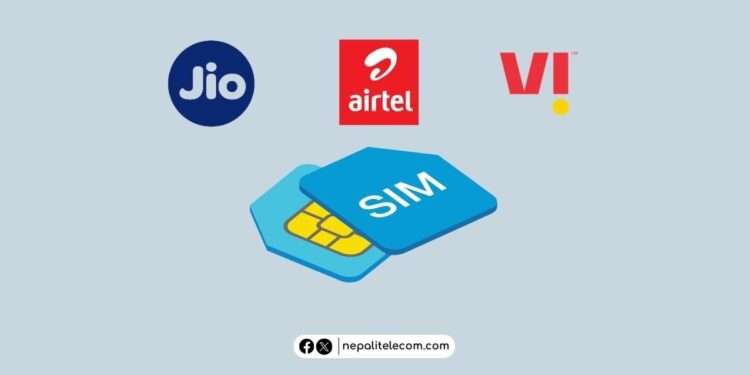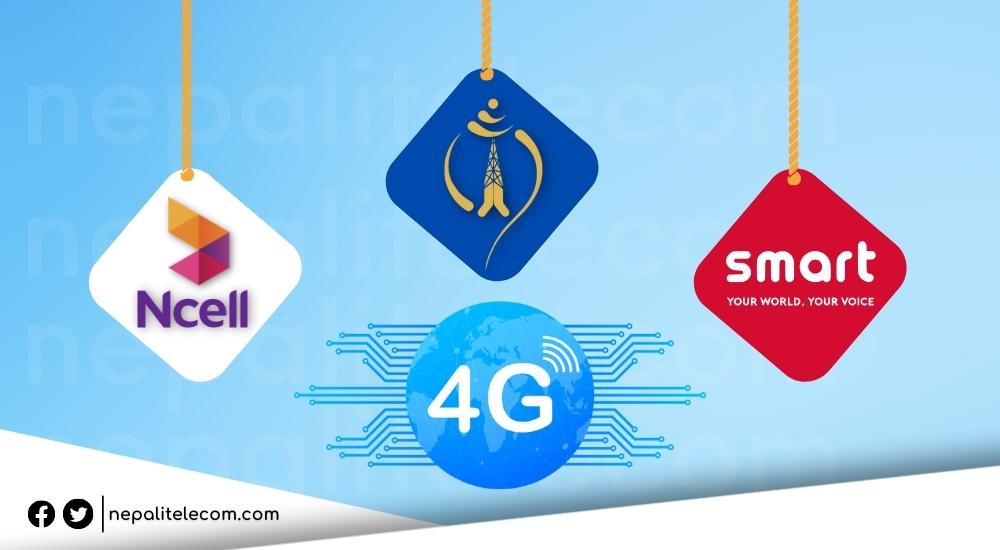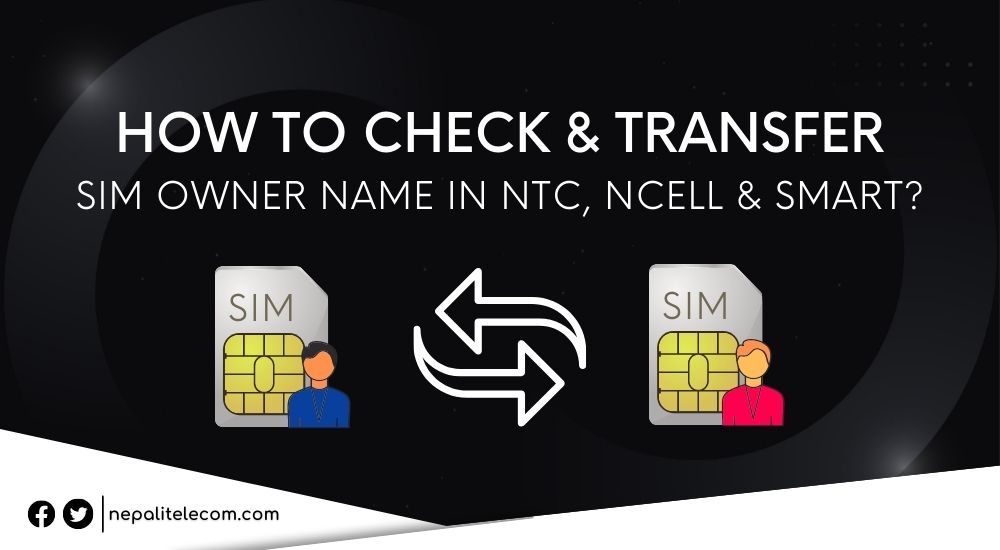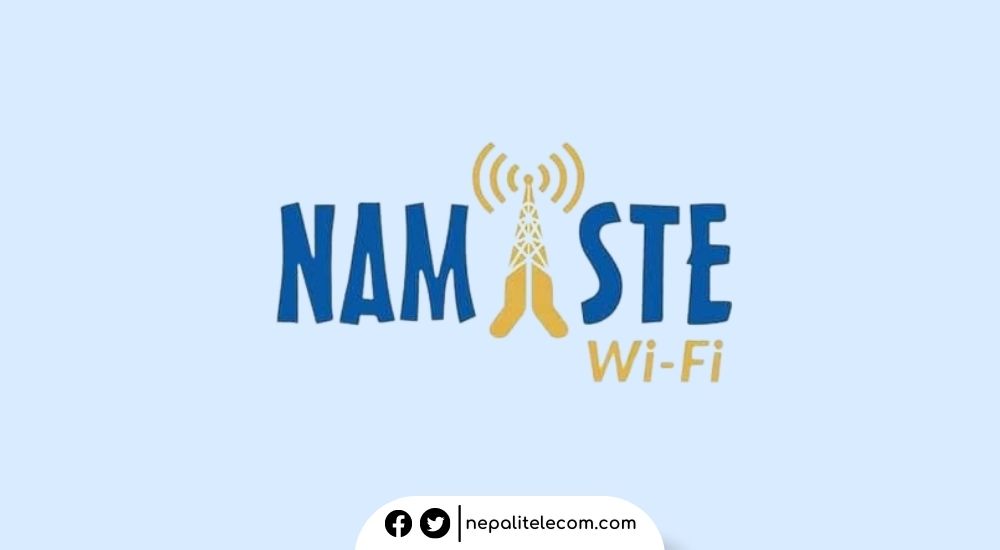India’s Telecom Regulatory Authority of India (TRAI) has revised the guidelines over the extension of SIM card validity applicable to operators such as Jio, Bharti Airtel, Vodafone Idea, and BSNL. The authority declares that a SIM will be recycled to new users if one is inactive for 90 days. A similar provision is in force in Nepal; however, the duration is far more flexible. Likewise, India regulation offers charge to extend the SIM validity after 90 days which is not there in Nepal.
The move seeks to offer relief to users with a longer validity period even for the non-usage of their SIM cards. Especially, those who keep a secondary SIM card on their phone will be at an advantage as they can keep their mobile subscription active even if they forget to recharge their mobile balance time.
But users should also keep note of the maximum period of non-usage of these SIM cards or they will need to have a minimum balance of Rs 20 to keep the SIM operational. Otherwise, the SIM will be dysfunctional.
By Non-usage, TRAI refers to the SIM not being active for calls, data, SMS, VAS, etc.
India offers a maximum of 90 days of SIM validity and charges extension
To illustrate, if one SIM card is inactive for 90 days, TRAI may deem it unused and deactivate it. Afterward, the user can’t use it for calls, SMS, and access data services. It will then be recycled for new users. However, if the SIM still has a minimum balance of Rs 20, it will be deducted to extend the SIM’s validity for an additional 30 days. The SIM subscription is terminated if there is insufficient balance to extend its validity.
The rules reduce the frequency of having to recharge mobile balance and also help save money. It eases financial management for both primary and secondary SIM card users.
SIM extension validity in Nepal?
In Nepal, telco authority Nepal Telecommunications Authority (NTA) provides a maximum validity of 1 year till that SIM receives deactivation. This is a far more generous approach than what TRAI has done in India. The problem with such a long validity for an inactive SIM is that users may not recharge or even forget to do so. It does impact the operators and the industry as a whole too. Therefore, it’s arguable that the maximum validity period should be logically less in a way that users also feel it reasonable.
A 90-day SIM validity before its recycling process starts is a good move in India. It’s also equally generous on the user’s side. It’s quite obvious that those who use two SIM cards often use one as secondary mostly as a backup to receive incoming calls. But they still want to keep it active for the same purpose. So, a moderately flexible SIM card validity is beneficial to both the operators and the users.
Also, check out: How to transfer balance in Ntc?
What do you think should be the ideal SIM card validity extension in Nepal? And will you pay bare minimum just to extend your SIM validity without any usage? Do share your opinion in the comments below.












